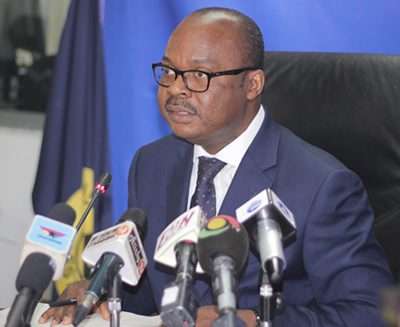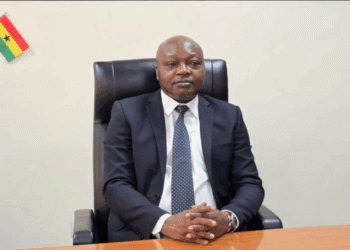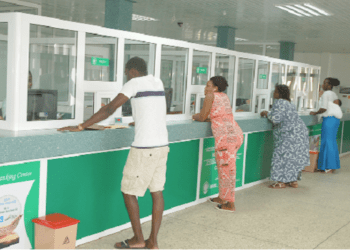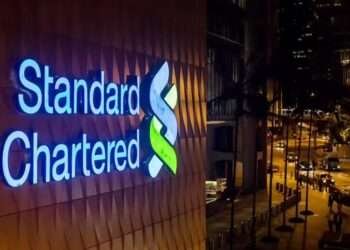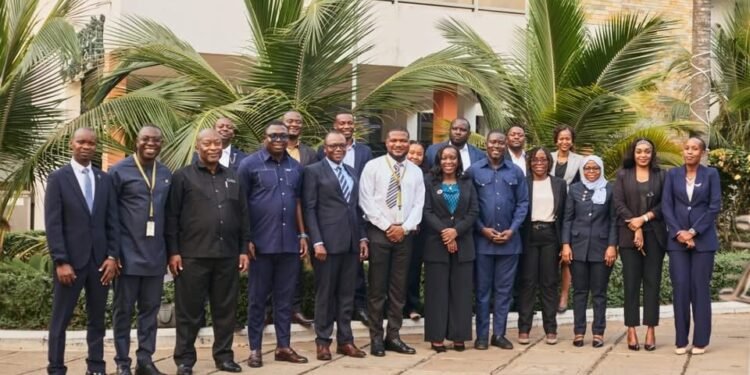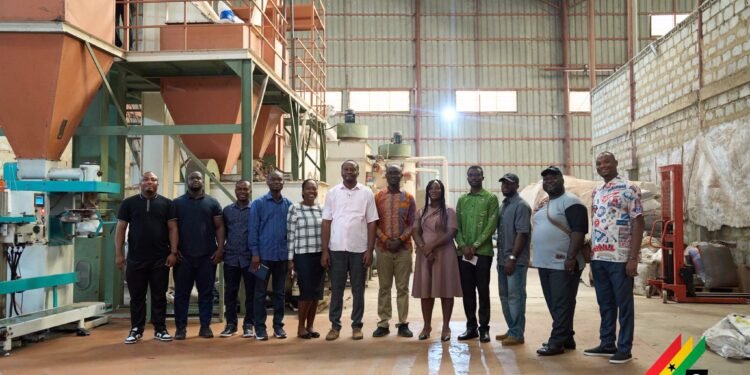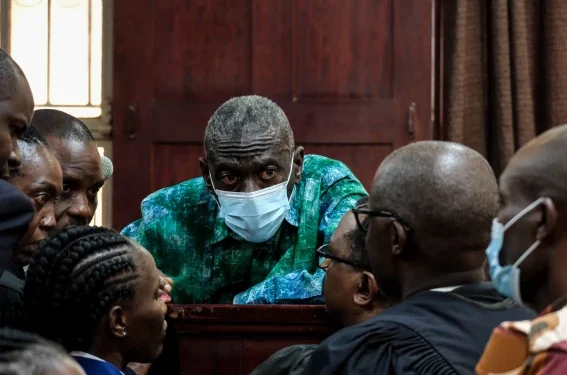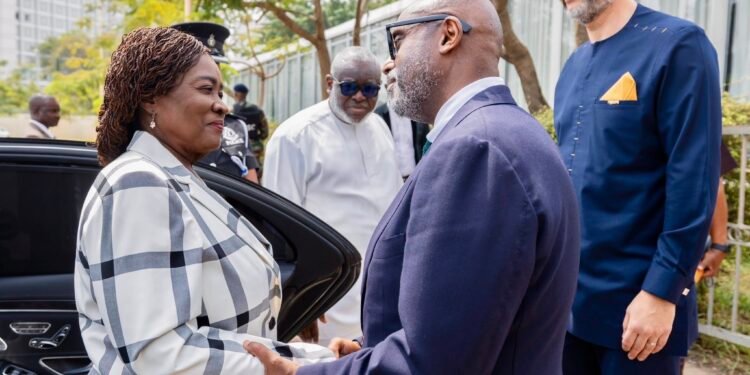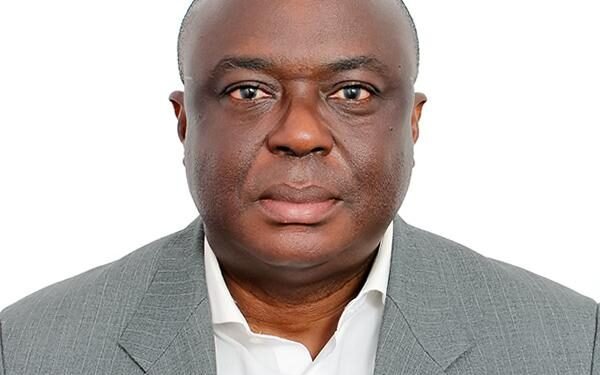The Central Bank of Ghana (BoG) has taken a major step towards promoting transparency and effective disclosure practices in the financial sector, by announcing that charges that are not disclosed to a borrower in a loan agreement should be considered null and void.
The central bank has issued a statement of a set of guidelines titled; “Bank of Ghana’s Responsible Borrowing Guidelines”, that are aimed at empowering borrowers to make informed decisions about loans, and to protect them from undisclosed charges.
The move comes in response to widespread concerns about the lack of transparency in the lending industry, and the adverse impact that it can have on the financial wellbeing of borrowers.
Describing borrowers who may suffer such ordeal as victims, the BoG in its new guidelines has directed commercial banks and lenders to refund all charges that were not disclosed in the loan agreements to debtors who have paid such charges, adding that: “victims must report such acts to the regulator if the lenders fail to reverse the payments.”
According to the BoG, it is embarking on the campaign to avoid discrepancies in loan disbursement, as well as empower borrowers to “shop around” for better rates and loan conditions.
The Central Bank in its communique has also instructed lenders to provide a “Pre-Agreement Truth” in lending statement – which summarizes the terms and conditions associated with the loan, including interest rates, fees and charges, repayment schedules, and penalty charges.

The regulator noted that this information on the ‘Pre-agreement Truth’ in lending statement should include: Interest rate of the credit facility (indicating whether fixed or variable); Annual Percentage Rate (APR); Bundled products and services; Repayment Schedule; Other fees and charges such as commissions, administrative or processing fees, commitment fees and insurance fees.
Not limited to that, BoG revealed that it is a necessity for the ‘Pre-agreement Truth’ to also include: Penal charges or late payment penalties; Penalty rates and any other charges associated with the product; Security deposits or savings required as a condition to acquire the loan – total amount to be paid back at the end of the loan period, and among others.
BoG’s Advise To Borrowers, Repayment of Loan
The Central Bank in its statement has advised that prior to signing any loan agreement, borrowers must read and ensure that they understand all the terms and conditions, and seek professional advice.
“Borrowers are required to seek clarification from the lender in any language of their choice to gain the needed understanding of the loan product.
“Borrowers need to look out for interest rate which in this case should be the Annual Percentage Rate (APR), which represents the total cost to be paid to the lender each year for the loan, expressed as a percentage. Note that the APR provides a broader measure of the cost that a borrower pays for taking a loan.”
Bank of Ghana
According to BoG, steps have been taken to protect borrowers who wish to pay off their loans earlier than scheduled. Lenders of that sort, it said, should provide the full outstanding amount to pay and allow the borrower 20 working days from the date of receipt of the written request to effect the full repayment.

It further added that even though this will be associated with settlement penalty fee, it should not exceed 0.25 percent of the principal amount to be paid.
The BoG emphasized that the action is part of a broader move to promote transparency and effective disclosure practices in the financial sector.
The central bank argued that it also wanted to bring to the attention of the general public the key issues with regards to loan acquisition and repayment responsibilities and obligations of customers of banks and specialized deposit-taking institutions.
The move is expected to promote financial inclusion in Ghana, by encouraging borrowers to make informed decisions about loans and by protecting them from undisclosed charges.
Read also: Ghana, Two Other Countries’ Inflation Rate To Remain Above 50% In 2023- World Bank Projects

